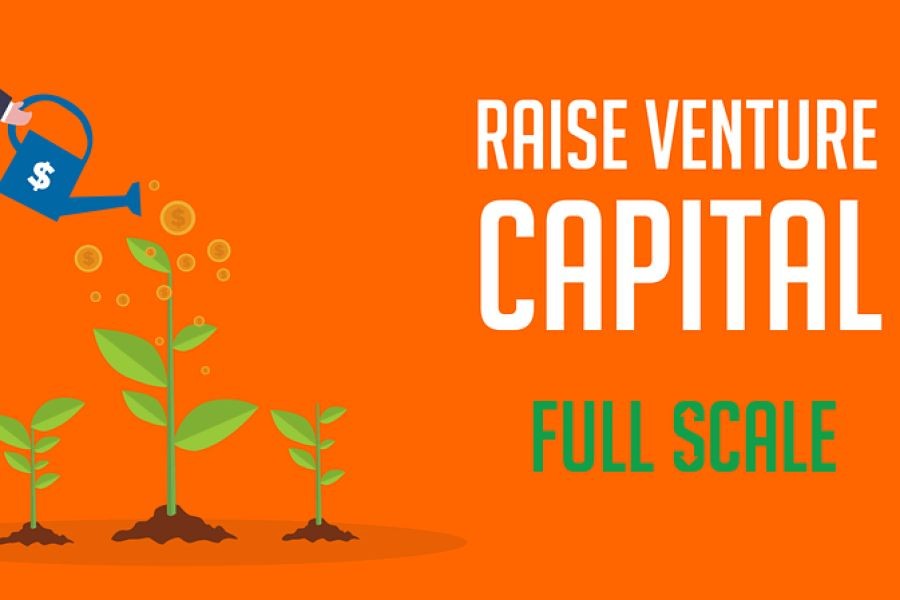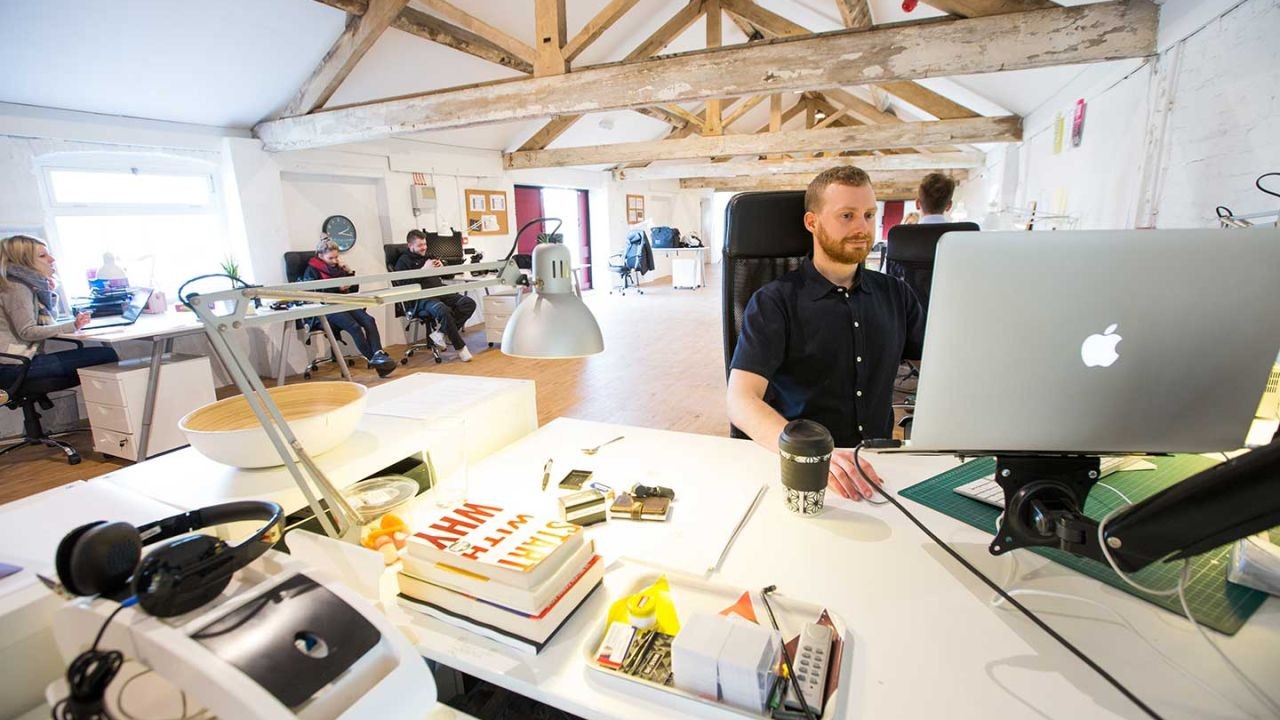In the dynamic landscape of Australian venture capital, there's a compelling narrative that often goes untold. While the allure of securing funding to propel pharmaceutical innovations is undeniable, the journey to raising venture capital in Australia is fraught with unique challenges and opportunities that require strategic navigation. With the Australian Bureau of Statistics (ABS) reporting a surge in startup activities post-pandemic, understanding the intricacies of this financial path is more critical than ever for pharmaceutical analysts and entrepreneurs alike.
Understanding the Australian Venture Capital Ecosystem
Australia's venture capital ecosystem is characterized by a robust mix of local and international investors, with a strong emphasis on technological and healthcare innovations. According to a 2023 report by the Australian Investment Council, the total venture capital raised in the country reached AUD 2.5 billion, marking a significant increase from previous years. This growth signals a vibrant investment landscape, yet it also underscores the importance of strategic alignment with investors who possess a deep understanding of the pharmaceutical sector.
Key Players in the Australian Market
- Blackbird Ventures: Known for its focus on transformative companies, Blackbird Ventures plays a pivotal role in funding early-stage pharmaceutical startups.
- Startmate: As one of Australia's leading startup accelerators, Startmate provides mentorship and funding, fostering a strong community of innovators in the life sciences industry.
- CSIRO Innovation Fund: Backed by the Commonwealth Scientific and Industrial Research Organisation, this fund supports ventures that translate scientific innovation into commercial success.
Pros and Cons of Raising Venture Capital in Australia
While venture capital offers substantial benefits, it also comes with its share of challenges. Here’s a balanced view:
Pros:
- Access to Expertise: Investors often provide strategic guidance and industry connections that can accelerate growth.
- Financial Resources: Venture capital can provide the necessary funds to scale operations, invest in R&D, and enter new markets.
- Credibility and Validation: Securing venture capital can enhance a startup’s reputation, attracting further investment and talent.
Cons:
- Equity Dilution: Raising venture capital typically means giving up a portion of ownership and control.
- Pressure for Rapid Growth: Investors may expect quick returns, leading to pressure on startups to scale rapidly, potentially at the cost of long-term stability.
- Regulatory Compliance: Navigating the regulatory landscape in Australia, particularly in pharmaceuticals, can be complex and time-consuming.
Case Study: Vaxxas – Navigating the Venture Capital Terrain
Problem: Vaxxas, a Brisbane-based biotechnology company, faced the challenge of advancing its innovative needle-free vaccine delivery platform. The company needed significant funding to transition from the research phase to clinical trials and commercial production.
Action: To overcome this, Vaxxas engaged with local venture capital firms, securing a substantial investment from OneVentures and UniQuest. This strategic partnership enabled Vaxxas to leverage their investors’ expertise and network within the pharmaceutical industry.
Result: After securing the investment, Vaxxas successfully moved into clinical trials and strengthened its market position, leading to partnerships with global pharmaceutical companies. The funding allowed Vaxxas to expand its R&D capabilities and explore new therapeutic areas.
Takeaway: This case study underscores the importance of aligning with venture capitalists who not only provide financial backing but also strategic industry insights. For Australian pharmaceutical startups, such partnerships can be pivotal in overcoming regulatory hurdles and accelerating growth.
Breaking Myths About Venture Capital in Australia
There are several misconceptions about raising venture capital that need clarity:
Myth: Venture capital is only for tech startups.
Reality: While tech startups are prominent recipients, the pharmaceutical industry in Australia is increasingly attracting venture capital due to its potential for high returns and innovation.
Myth: Quick funding is guaranteed with a good pitch.
Reality: Securing venture capital is a time-consuming process, often taking several months of due diligence and negotiation.
Myth: All venture capitalists are the same.
Reality: Venture capitalists vary widely in their investment focus, risk appetite, and involvement level, making it crucial for startups to align with investors whose vision matches theirs.
Future Trends: The Evolution of Venture Capital in Australia
Looking ahead, the landscape of venture capital in Australia is set to evolve with several key trends:
- Increased Focus on Green and Sustainable Investments: With the Australian government’s push towards sustainability, venture capital is likely to shift towards eco-friendly and sustainable pharmaceutical solutions.
- Growing Interest in Digital Health: As digital health technologies gain traction, venture capitalists are expected to increase investments in telemedicine and health tech startups.
- Rise of Corporate Venture Capital: More Australian corporates are establishing venture arms to invest in startups, providing additional funding avenues.
Conclusion
The venture capital journey in Australia presents both significant opportunities and challenges for pharmaceutical startups. By understanding the local ecosystem, aligning with the right investors, and navigating regulatory landscapes, businesses can leverage venture capital to drive innovation and growth. As the industry continues to evolve, staying informed and adaptable will be key to success.
Call to Action: What’s your experience with venture capital in Australia? Share your insights and join the discussion in our LinkedIn group for pharmaceutical analysts and entrepreneurs.
People Also Ask
- How does venture capital impact Australian pharmaceutical startups? Venture capital provides Australian pharmaceutical startups with the financial means to scale, enhance R&D, and bring innovations to market, significantly boosting their growth potential.
- What are the biggest misconceptions about venture capital in Australia? A common myth is that venture capital is only for tech startups. However, the pharmaceutical industry is increasingly attracting investment due to its innovation potential.
- What upcoming changes in Australia could affect venture capital? By 2026, policy updates focused on sustainability and digital health could significantly shift the venture capital landscape, encouraging more investments in these areas.
Related Search Queries
- Venture capital in Australia 2024
- How to raise venture capital for pharmaceutical startups
- Australian venture capital trends 2025
- Raising venture capital in the Australian pharmaceutical industry
- Challenges in Australian venture capital
- Future of venture capital in Australia
- Impact of venture capital on Australian startups
- Corporate venture capital in Australia
- Sustainability and venture capital in Australia
- Digital health investments in Australia































